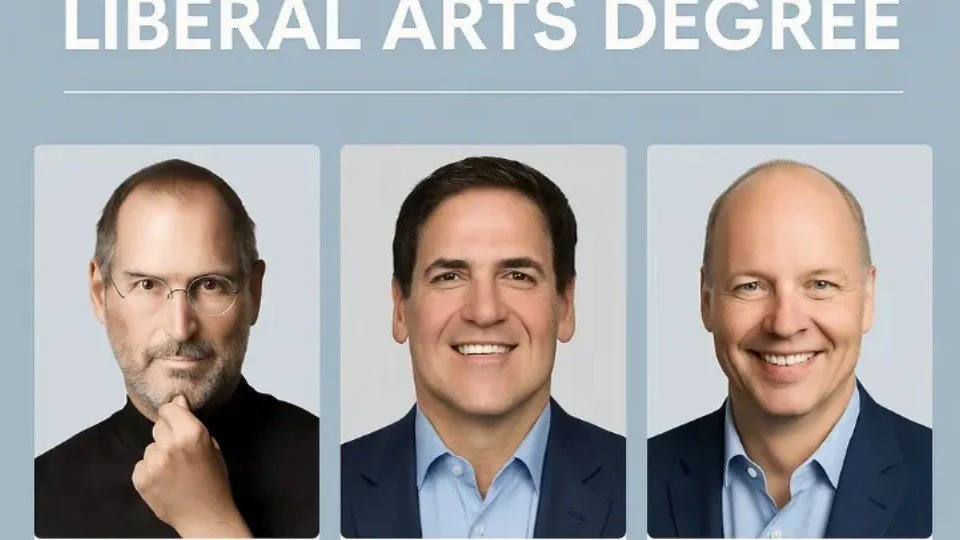Liberal Arts, more important now we have GenAI/Agentic
Brilliant as usual from Paul. Liberal Arts also matters in a different way...
Guns don't win battles. One fun example is the Battle of Puebla (Cinco de Mayo). The French forgot their artillery ammo. That changed the course of history, including America (see my annual post on that).
AI doesn't win battles.
It's what you do with it.
Having done big tech transformation, global brand building, NPI, P&L turnarounds, 'done' strategy, a dozen boards, built leading edge incubators around the world and worked inside 47 start-ups, including some spectacular flameouts/train wrecks I can tell you two things for certain:
1. 98% of opportunities/problems in business are not solved at the surface level. They are solved at the design, architecture, change management, process/instrumentation and model intelligence levels. The reality is below the surface level you first see.
2. Leading people and driving a motivated superior output is about behavioral models, the pyramid theory of motivation (thanks, Prof Jim Cash), and driving an intentional and cogent culture.
Yep, all metaphysics. You know that you learn about in Liberal Arts domains.
Both of those things are metaphysics. 100% metaphysics. Don't tell anyone I was trained in Philosophy by a brilliant Oxford don and a world-class Kansas farm boy global top 25 logician. Definitely don't tell anyone I used to lecture MFA students in aesthetics. Heck, really understanding economics and business models is an epistemological exercise. Studying epistemology gives you a superpower to detect BS and separate reality from politics, passion, and persuasion.
At Uni I studied Philosophy because it was the hardest thing I had ever confronted, plus five marvelous mentoring Profs (Barker, Bolin, Austin, Carroll, Ciscel).
So yes, liberal arts, but beware the key/core stuff is bonkers hard.
Grab 100 execs and ask them to explain the change management model they use, or what corporate culture is, and how you shift it, or how you effectively manage innovation or my favorite, what are the two main Pareto root causes of failure for strategy change, and you will generally get mumbo jumbo from 95 of them. That number, interestingly, is way, way smaller for flag officers.

